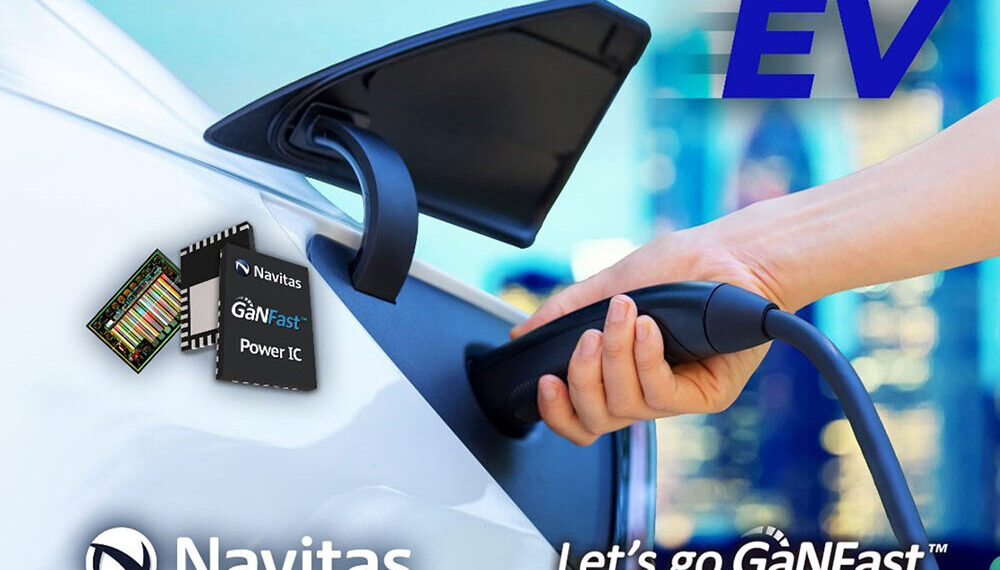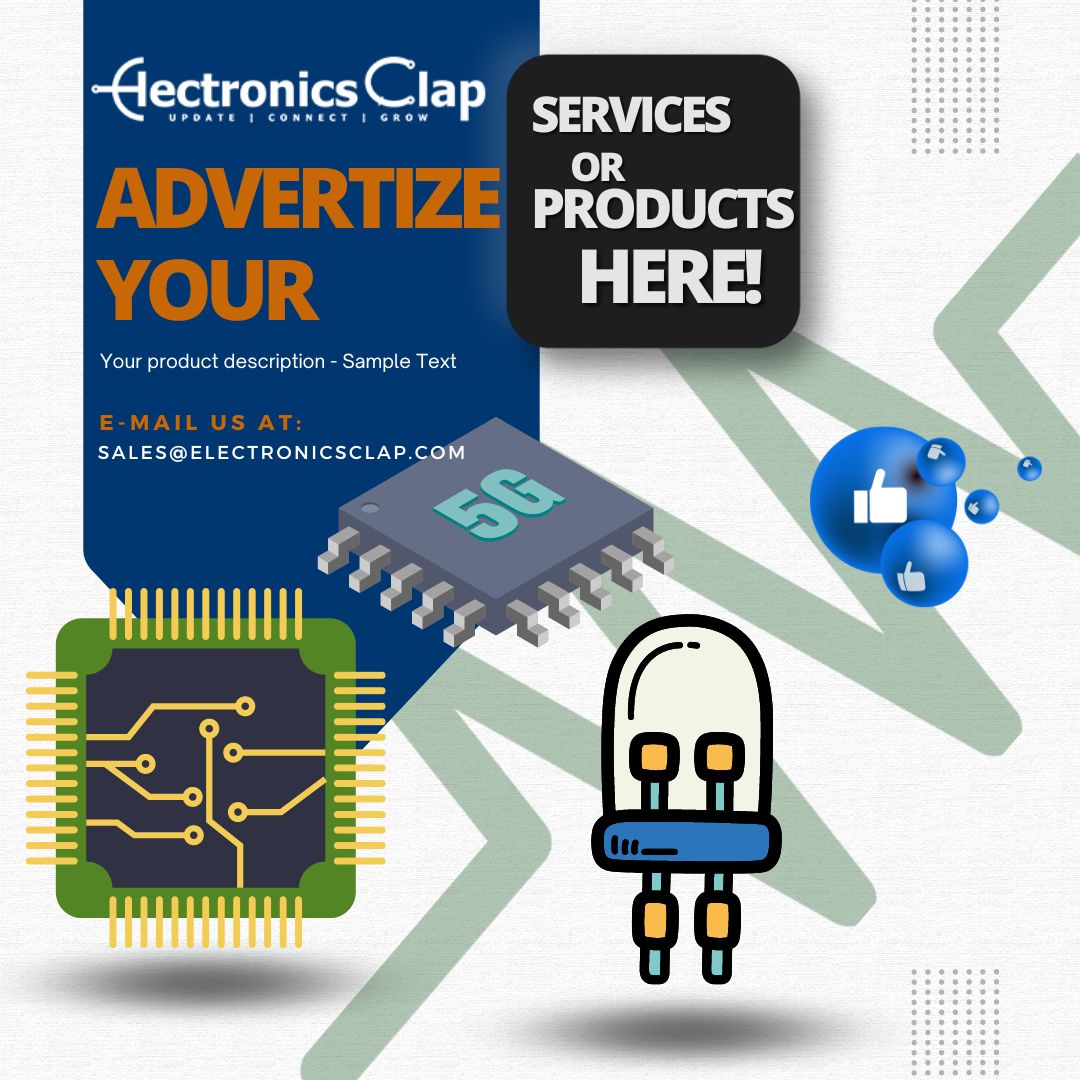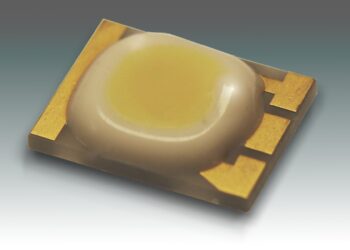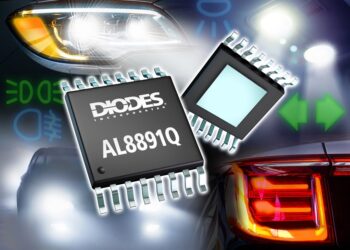Next-gen GaN power IC upgrade enables faster charging, longer range and accelerates EV adoption by 3 years, saving 20% road-sector CO2 emissions
El Segundo, CA – January [4] Date— Navitas Semiconductor (Nasdaq: NVTS), the industry-leader in gallium nitride (GaN) power integrated circuits (ICs), announced the opening of a new electric vehicle (EV) Design Center, further expanding into higher-power GaN markets. GaN-based on-board chargers (OBCs) are estimated to charge 3x faster with up to 70% energy savings compared to legacy silicon solutions. GaN OBCs, DC-DC converters and traction inverters are estimated to extend EV range or reduce battery costs by 5%, and to accelerate adoption of EVs worldwide by 3 years. An EV-upgrade to GaN is estimated to reduce road-sector CO2 emissions by 20%/year by 2050, the target of the Paris Accord.
Gallium nitride (GaN) devices are the leading-edge of power semiconductor technology, operating 20x faster than traditional silicon chips. Navitas’ GaNFast™ power ICs integrate GaN power, GaN drive, protection and control. High speed and high efficiency translate into new industry benchmarks in energy savings, high power density, lower cost, and higher reliability.
The new Design Center, based in Shanghai, China, hosts a highly-experienced team of world-class power system designers with comprehensive capabilities across electrical, thermal and mechanical design, software development, and complete simulation and prototyping capabilities. EV customers will be supported worldwide by the new team, from concept to prototype, through to full qualification and mass production.
Respected industry-expert, Mr. Hao SUN, the new Sr. Director of the Shanghai Design Center, said “The design center will develop schematics, layouts, and firmware for full-function, productizable EV power systems. Navitas will work in partnership with OBC, DC-DC and traction system companies to create innovative, world-class solutions with the highest power density and highest efficiency to propel GaN into mainstream eMobility.”
High-power 650V GaN ICs tailored to EV applications were sampled to EV customers in December. A 6.6kW OBC concept was displayed at the recent Xiaomi Portfolio Demo Day, and is shown this week at CES ’22.
“The Navitas EV team has rich talent and proven experience delivering power systems,” said Charles ZHA, VP and GM of Navitas China. “EMobility is an exciting expansion market for GaN, with an estimated $250 potential content per EV. Market-by-market, Navitas is making swift progress into higher-power applications, like EV, data center and solar.”
Manufacturing a GaN power IC has up to a 10x lower CO2 footprint than for a silicon chip. Considering use-case efficiency and material size and weight benefits, each GaN power IC shipped can save an estimated 4 kg of CO2. Overall, GaN is expected to address a 2.6 Gton/yr reduction in CO2 emissions by 2050.
Navitas at CES 2022 – Central Hall, Booth #15958
Learn more about this story and more by visiting Navitas at CES 2022 in Las Vegas from January 5th to 7th, 2022. Navitas will showcase its #1 position in mobile GaN fast chargers and progress into higher-power markets including solar, data center and electric vehicles (EVs). Discover the speed of GaNFast chargers, see the future of next-generation GaN-based applications, and enter to win a Tesla Model 3 Performance worth over $60,000!
About Navitas
Navitas Semiconductor (Nasdaq: NVTS) is the industry leader in GaN power ICs, founded in 2014. GaN power ICs integrate GaN power with drive, control and protection to enable faster charging, higher power density and greater energy savings for mobile, consumer, enterprise, eMobility and new energy markets. Over 130 Navitas patents are issued or pending, and over 30 million GaNFast power ICs have been shipped with zero reported GaN field failures. Navitas rang the Nasdaq opening bell and started trading on Nasdaq on October 20th, 2021.
Navitas Semiconductor, GaNFast and the Navitas logo are trademarks or registered trademarks of Navitas Semiconductor Limited. All other brands, product names and marks are or may be trademarks or registered trademarks used to identify products or services of their respective owners.








